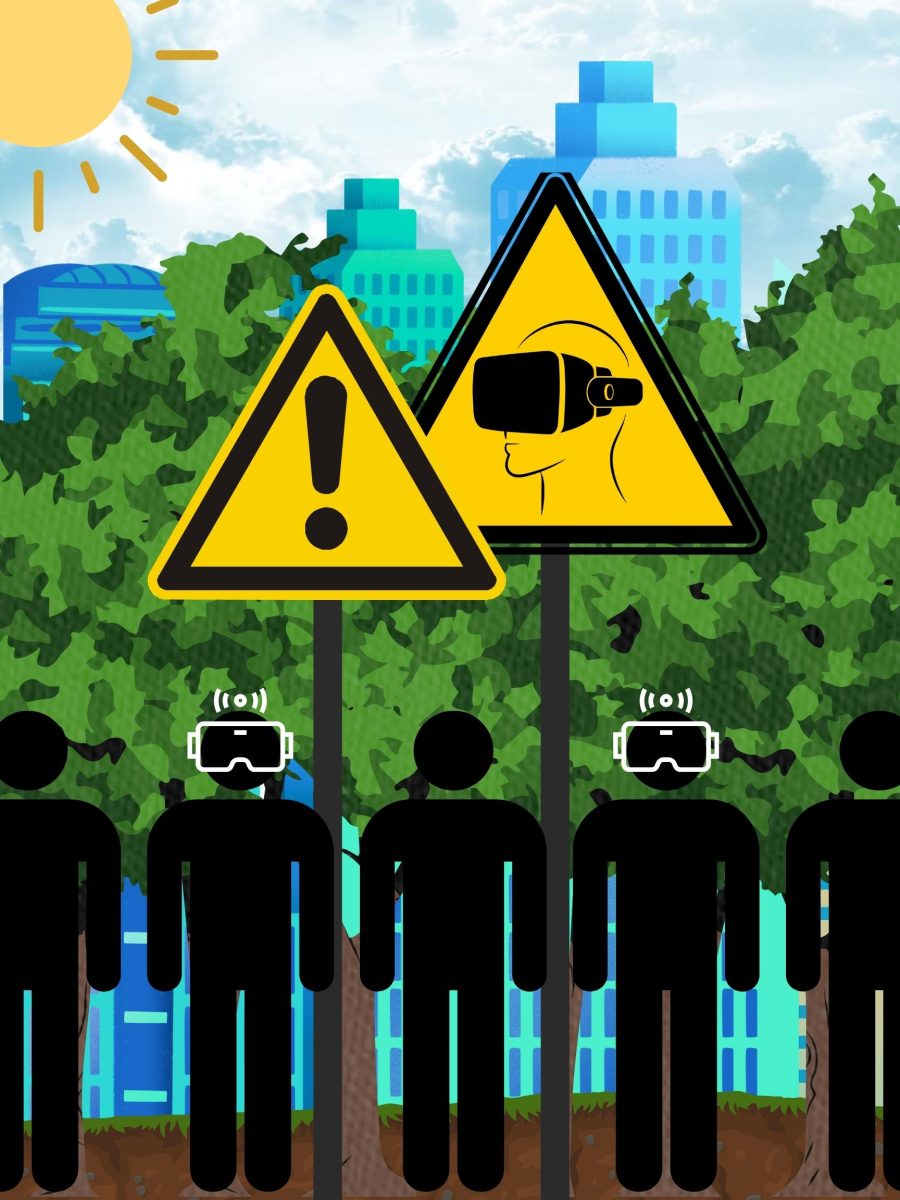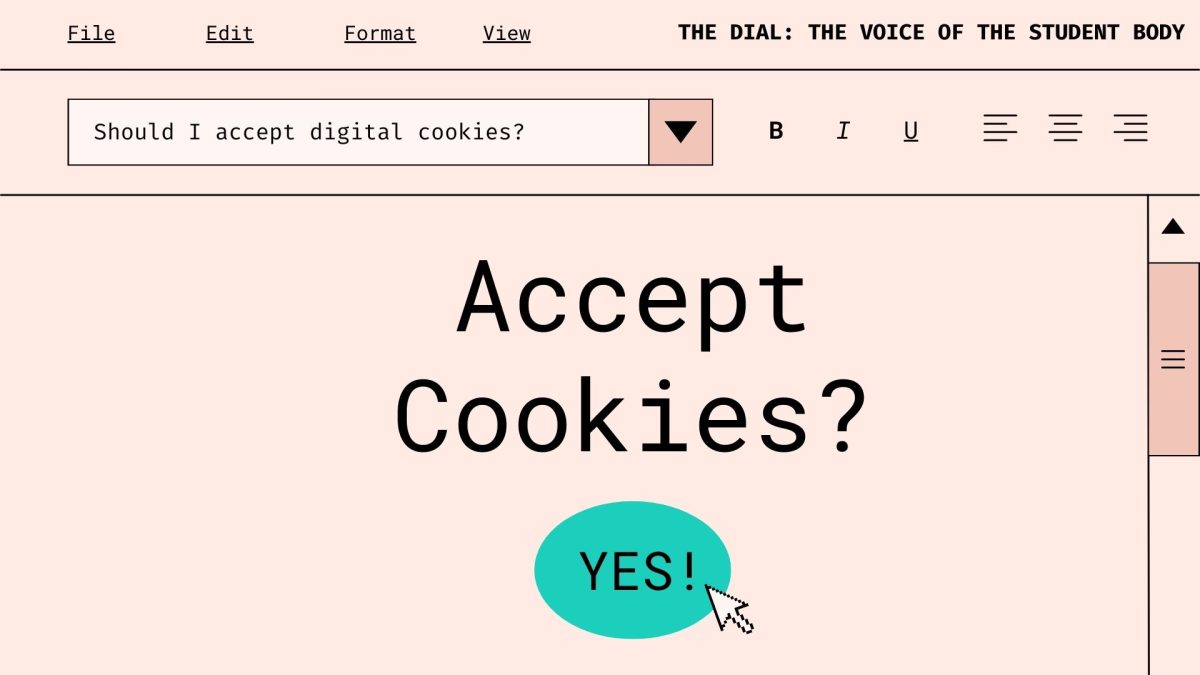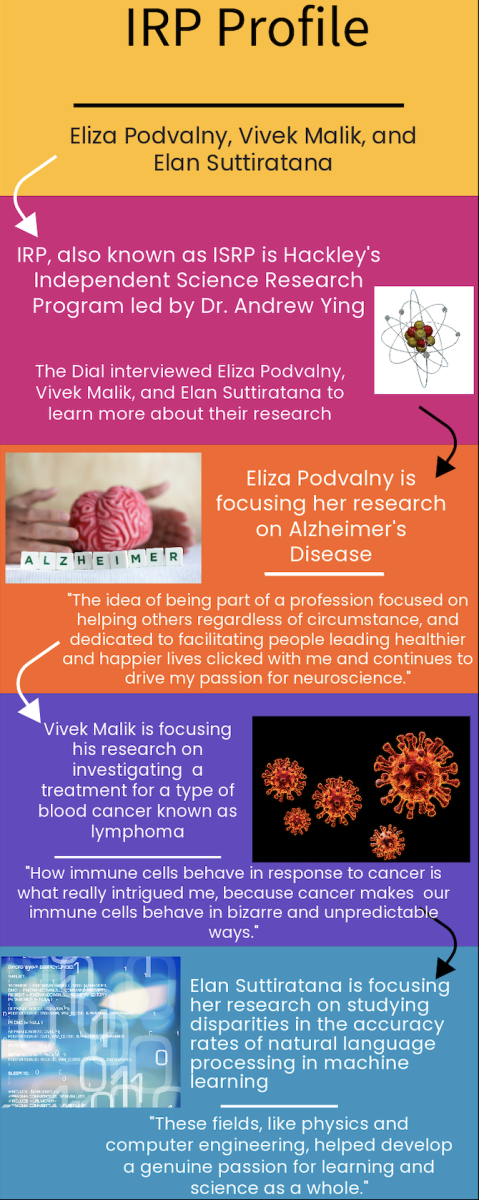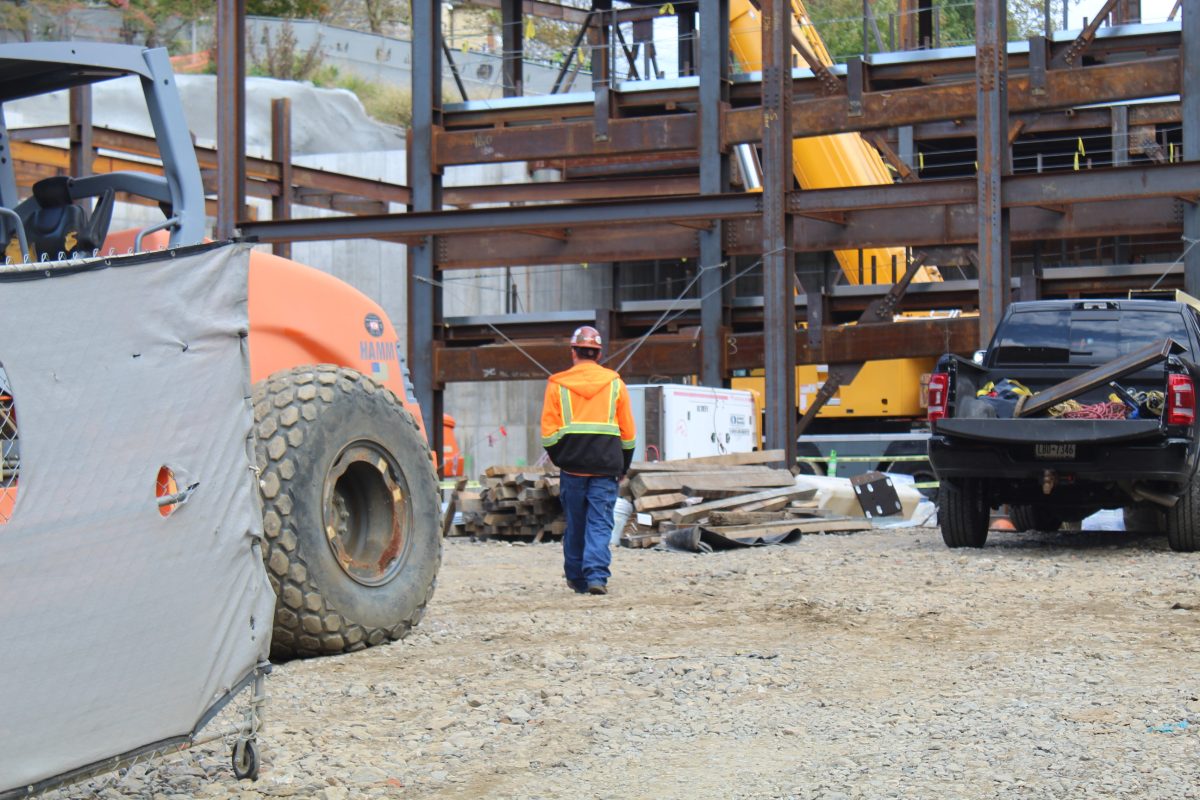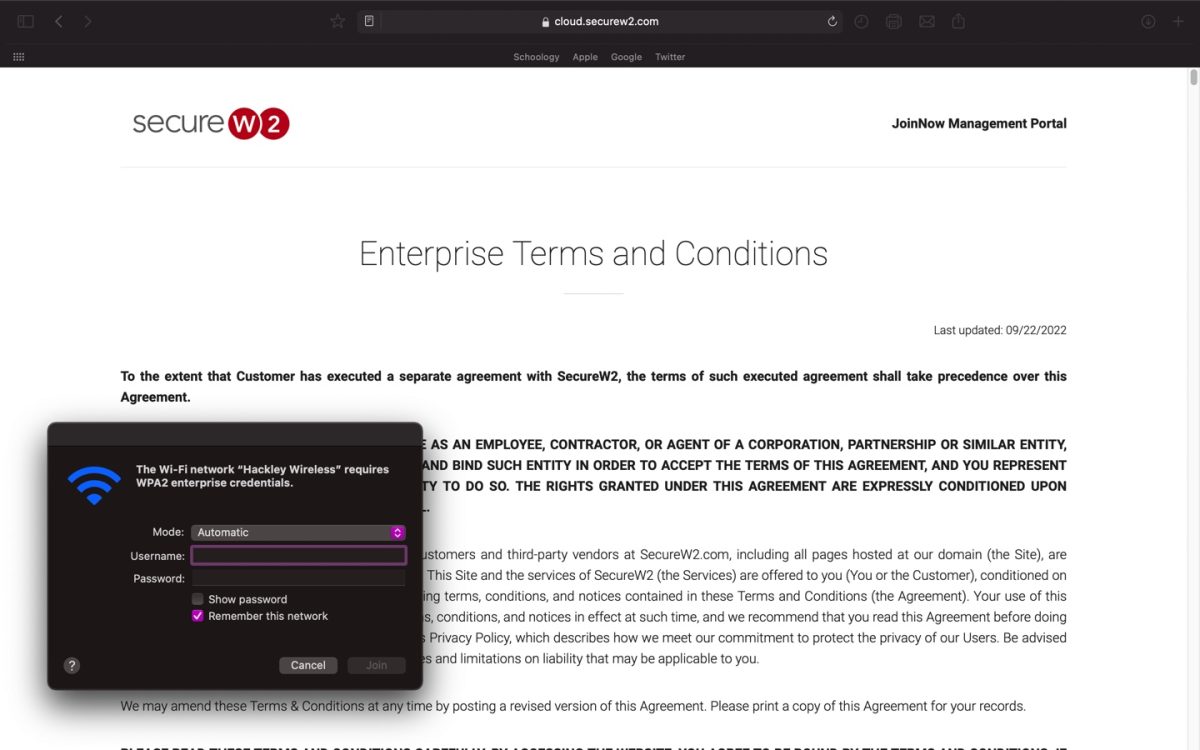As more and more schools across the nation turn to technology to enhance educational instruction, Hackley is steadily following suit. Hackley’s administration recently announced the integration of iPads into the core curriculum for ninth graders- a change that will take place during the upcoming school year.
Hackley has already “integrated” electronic material into class syllabuses; a few years ago, the Physics department introduced the “e-text,” a course supplement that substantiated the information learned in class with a combination of lesson summaries, visual graphics, and practice problems. However, by reverting primarily to electronic tablets as opposed to textbooks, Hackley has clearly changed the educational environment for the incoming freshmen class.
The benefits of these tablets are definitive- not only will the implementation of iPads lighten backpack loads through electronic access to textbooks, but it will also allow for a more systematized storage of class notes and homework.
iPads also offer a digital experience that many educational experts think surpass those offered by books and paper materials. In addition to its portability, students can also conduct their own research over the internet to add a new dimension to classroom discussion.
Aside from encouraging preparation and organizational skills, iPads have their more tangible merits. For one, the touch interface of the tablet will enhance grading processes. Instead of having teachers manually look over each student’s paper, there are multiple apps that will automatically grade computerized submissions.
Many students are fond of the digital approach offered by tablets. “I think providing the freshmen with iPads is a good idea because it’s a great way to save money and it facilitates the transportation of school materials to and from Hackley,” said sophomore Laura Seebacher.
Tenth-grader Julio Sanchez offered a similar position. “As a freshman, I know I would have greatly benefited from having a tablet on me,” he said. “For example, it could be an effective learning tool for classes like math and physics, since you can use it for tasks like graphing.”
Upper School librarian Jackson Blossom offered a unique stance on the issue of iPads. “Although that I think that laptops might be a little more advantageous in terms of organization and accessibility, iPads definitely are step in the right direction. I hope that iPads will be able to offer the same sort of experience through its applications as one would have on a PC or a Mac.”
However, while iPads have been touted as interactive and engaging, a host of questions arise when it comes to the efficacy of these technological devices. One common complaint is that typing on the iPad’s keyboard is tedious, which significantly impedes note-taking.
Freshman Connor Wilke said, “I find it difficult to type on the iPad because the format of its keyboard is significantly different than that of a regular computer. The iPad’s limited ability to sense finger movement and touch makes it harder to type quickly.”
Incorporating iPads into the curriculum also calls practicality into question. Ensuring constructive usage of iPads during class time is a lofty task. “I’m not certain that kids will always use the iPads for educational purposes, unless the teacher can somehow regulate their internet and app activity,” said sophomore Julia Morgenstern.
While there is a general divide between those who favor iPads and those who stand opposed to their implementation, many staff members and students have thought of new ways to use iPads in the classroom. Upper School English Teacher Will Lobko said, “The school’s integration of iPads into the ninth-grade curriculum is tremendously exciting, in part because Hackley has been careful to adopt this technology carefully. These iPads will supplement the powerful instruction our teachers do currently. Moreover, who can predict the new uses a creative faculty such as ours will find for these devices in the classroom?”


